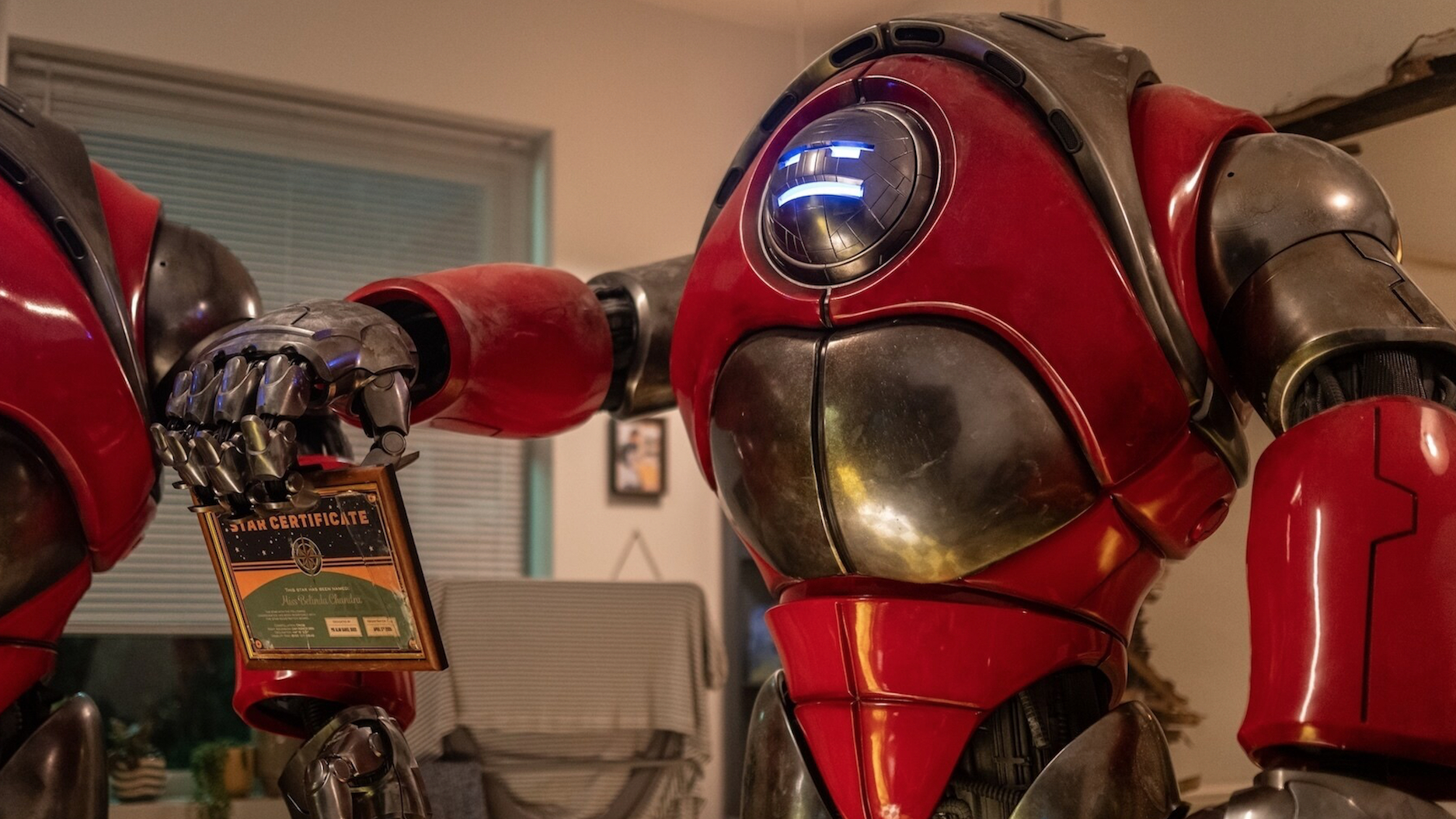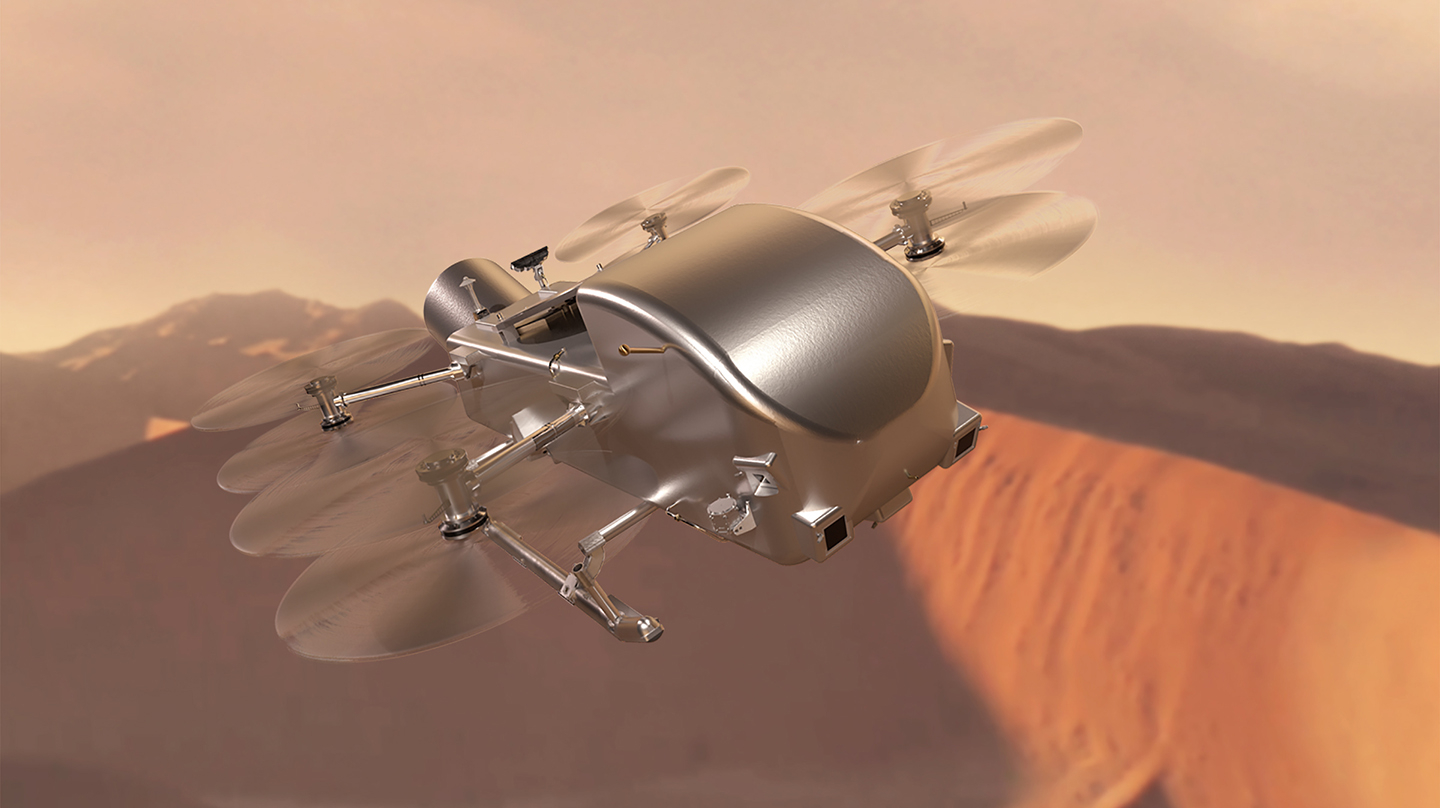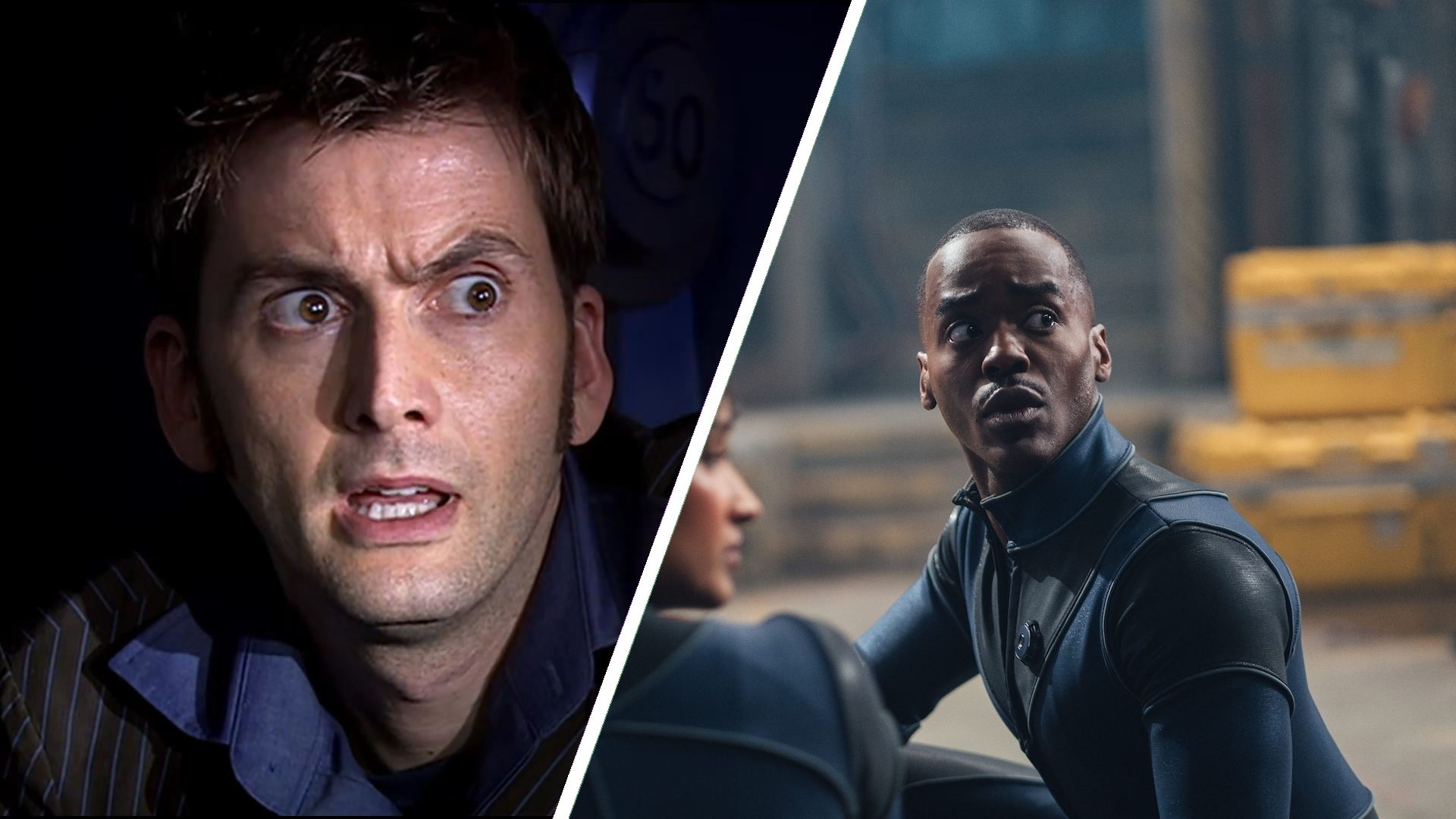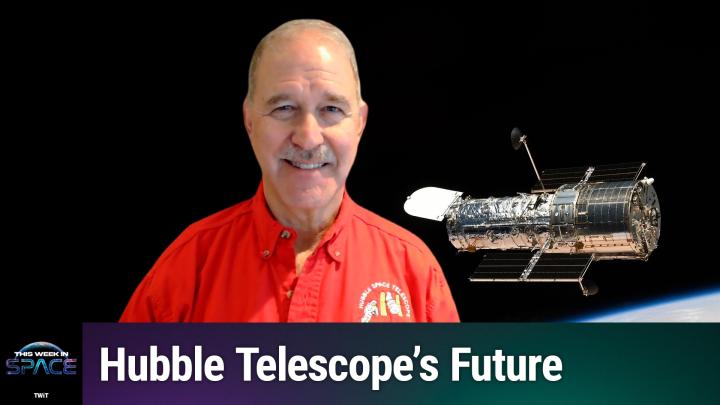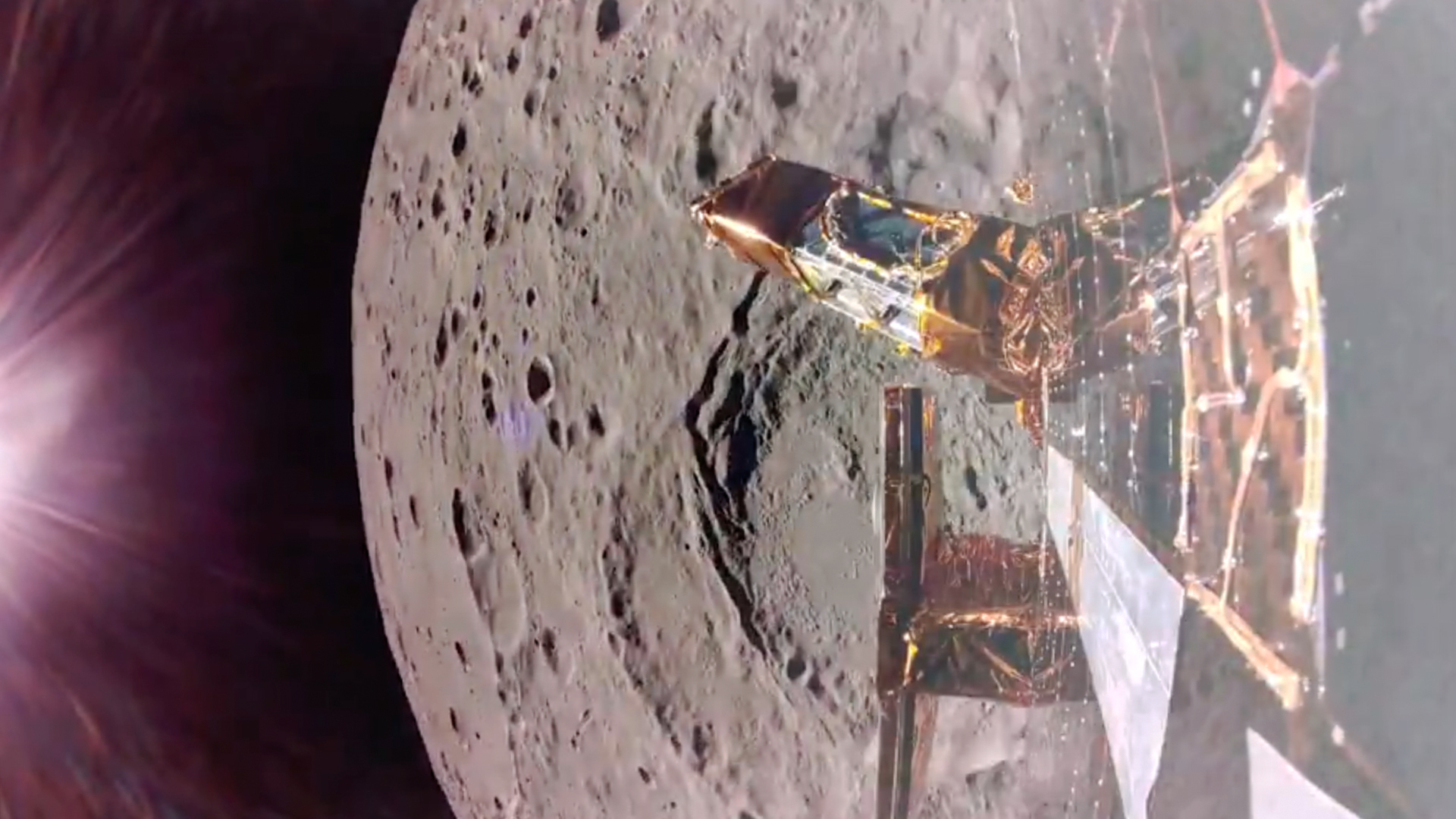How Much Does SETI Require Robots?
Acompelling theme in science fiction is the potential of humanity to create lifeand the hazards arising from such an endeavor. Perhaps Frankenstein was thefirst popular tale of a mad scientist creating havoc when the beings he createdwent haywire. The theme has been followed by writers such as Asimov in theRobot series, Philip K. Dick in 'Do Androids Dream of Electric Sheep?' (lateradapted to film as Blade Runner) and recently has been re-imagined by thewriters of Battlestar Galactica. Perhaps the most well known human impersonatingrobot has been portrayed by the current Californian Governor.
In eachartificial life creation story, there is always a cautionary line - questioningthe right of humankind to create a consciousness that would otherwise not bepresent in our universe. Let us inspect that theme philosophically to gauge itstrue value to us today.
Firstly, adefinition for the purpose of discussion--'life' here is interpreted to be athinking being, able to react in ways that make it indistinguishable from ahuman, much along the lines of Von Neumann's theory. Think of the androids in Blade Runner,the Cylons in Battlestar Galactica. Data in Star Trek; Arnold in Sacramento.
The casefor creating life
The casefor humankind to create life that is usually adopted goes like this: "we needthe most advanced machines possible to conduct work too dangerous for a human".Certainly this is a utilitarian approach to life creation. It is a line thatwould be attractive to a scientist wishing to fund such research--although perhapsit will be true that there will always be a human proletariat to which suchwork will fall. But the true attractiveness of robots in this case is that theyare seen as replaceable and they won't kick up a stink when working conditionsare bad.
The caseagainst creating life
Usuallyconflict arises when thinking robots realise the truth of their lot and alsotheir ability to use their unique skills to put themselves in charge of theirown destiny. This leads to devastating conflict between humans and their artificialprogeny.
Get the Space.com Newsletter
Breaking space news, the latest updates on rocket launches, skywatching events and more!
I see aclose parallel here to the construction of the atomic bomb. The Bomb wasdeveloped for a utilitarian purpose (to defeat the Axis enemies of World War II).Now that the genie is out of the bottle, the very presence of nuclear weaponscontinuously threatens man's existence, while at the same time we are unable atthis juncture to deprive ourselves of them.
Analysis
There is areal difference, however, between the nuclear bomb and the robot. Thatdifference is that once robots destroy mankind, they will be able to live onwithout us. On the other hand, the nuclear catastrophe will be a one-time-onlyevent, and once the long winter passes and the radiation subsides, it will haveno further unpredictable effect on Earth.
It isfraught with danger to tell stories about the future to help make our decisionsnow, but such imaginings are important to us in pushing forward this argument.Therefore let us consider a timeline where humankind creates life and isdestroyed by its creation.
Is thisinherently bad? It certainly is not a reassuring future for the generation thatwill deal with such conflict, presumably a generation that will live not farfrom today. But once the conflict is over, as long as we have invested in ourcreation the means of Darwinian evolution, it is likely that Earth, viewed as acomplete ecosystem, will continue marching towards further technologicalachievement and eco-systemic enlightenment. Humankind will have played a heroicpart in this adventure. Even robots (perhaps especially robots) will have toacknowledge that. Our lives will have meaning through our progeny, a commonenough goal for everyday man.
Contrastthis future with other futures that can be envisaged - where humanity runs outof steam and innovation and gets stuck on Earth or in the Solar System andeventually passes away without bursting forth upon the galaxy. Or perhaps humanityvanquishes or subdues the robot foe and swears off technology. It is certainlypossible to see this as a more favourable scenario - especially if one is givento believing in the duality of existence--that our lives here are not all there is.
Certainly,the worst scenario is a future in which mankind perishes through massiveconflict or disease. This is unattractive to one enchanted with the idea ofnatural progression, since it would return Earth to a state close to the startof the Permian era 65 million years ago, when dinosaurs had just been wipedout. But today Earth still has 5 billion years of existence yet, so there isplenty of time for a comeback.
Often theessential conflict for humans considering whether to produce intelligent lifeis: are we perfect enough to consider playing God? It certainly is an achinglypoignant question to a modern progressive thinker--but perhaps the question ismoot. Maybe machine life is inevitable in order that Darwinian evolution shouldcontinue on Earth. Whether it is through humanity's loins or through humanitieslaboratories that Darwin's game is progressed may not matter. Indeed, if humansgradually augment themselves with technology of their own creation in thecoming centuries, will we fully realise when machines have 'taken over'? Whatwill it be about a robot with a few original Homo sapien brain cellsthat makes it human?
Relevanceto SETI
How is thisrelevant to SETI? Of course, it has been stated by many authors (even in thiscolumn) that when we make contact with alien beings, they may be the roboticprogeny of beings similar to ourselves. Perhaps probes have been sent here withenough intelligence to carry on an engaging conversation. Is it possible theyare waiting for us to be smart enough to construct a robot that can talk tothem?
- All About SETI
- I, Robot, Ourselves: What Does Artificial Intelligence Tell Us About Humanity
- How to Sort Signs of Artifical Life from the Real Thing
- Virtual Humans Proposed As Space Travelers
- Beyond Contact: A Guide to SETI and Communicating with Alien Civilizations
Join our Space Forums to keep talking space on the latest missions, night sky and more! And if you have a news tip, correction or comment, let us know at: community@space.com.

Dr Adrian Brown is a Senior Specialist Weight Management and Bariatric dietitian with a PhD in Medicine from Imperial College London. His PhD was a randomised control trial investigating the role of formula low energy diets in people with type 2 diabetes and obesity treated with insulin. His current post is as a NIHR Research Fellow/Lecturer in Nutrition and Dietetics at the Centre of Obesity Research at University College London headed by Professor Rachel Batterham.
